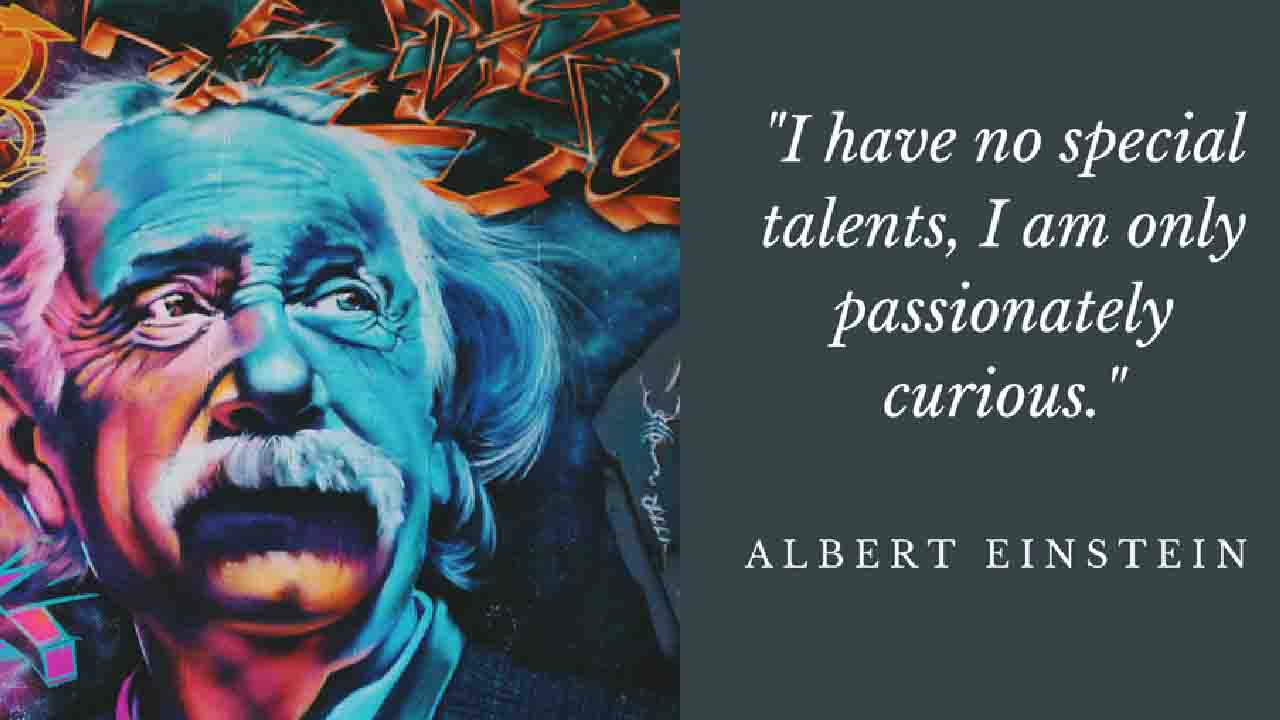Scientific discovery has always been fueled by curiosity and the insatiable human desire to understand the world around us. At the heart of this quest lies the power of asking questions. Curiosity, manifested through the act of questioning, drives scientists to explore the unknown, challenge assumptions, and unlock the secrets of the universe. This article delves into the profound impact of curiosity on scientific discovery, examining its role in shaping the scientific method, fostering innovation, and driving progress across various disciplines.
- The Nature of Curiosity
Curiosity is an innate human trait that compels individuals to seek knowledge and understanding. It is the spark that ignites scientific inquiry and fuels the pursuit of new discoveries. Curiosity is the driving force behind the formulation of questions, which serve as the foundation for scientific exploration. Scientists harness this innate curiosity to push the boundaries of human knowledge and unravel the mysteries of the natural world.
- Questioning as the Catalyst for Scientific Inquiry
The process of scientific inquiry begins with a question—an inquiry into the unknown. Scientists formulate research questions based on existing knowledge, observations, and gaps in understanding. These questions act as a compass, guiding scientists through the vast landscape of possibilities. By questioning established theories, assumptions, and phenomena, scientists open doors to new insights and pathways for exploration.
- The Scientific Method
The scientific method, the cornerstone of scientific investigation, is rooted in the power of curiosity. It is a systematic approach that aims to answer questions and generate knowledge through observation, experimentation, and analysis. The scientific method provides a framework for rigorous and unbiased inquiry, ensuring that questions are investigated systematically, hypotheses are tested, and results are interpreted objectively. At every step, curiosity drives scientists to refine their questions, design experiments, and interpret findings, leading to new knowledge and understanding.
- Uncovering Unexpected Discoveries
Curiosity often leads scientists to serendipitous discoveries—unexpected findings that arise during the course of their investigations. By asking questions and exploring tangential avenues of inquiry, scientists have stumbled upon groundbreaking insights that were previously unimaginable. These unplanned discoveries highlight the power of curiosity to challenge preconceived notions and uncover hidden truths.
- Interdisciplinary Collaboration
Curiosity extends beyond the boundaries of individual disciplines, driving scientists to seek diverse perspectives and collaborate across fields. Questions arising from one discipline often intersect with others, leading to fruitful collaborations and interdisciplinary breakthroughs. The interplay of curiosity-driven questions from multiple disciplines enriches scientific discovery and fosters innovative solutions to complex problems.
- Driving Technological Advancements
Curiosity-driven scientific inquiry has a direct impact on technological advancements. The pursuit of answers to questions about the natural world has spurred the development of sophisticated instruments, cutting-edge technologies, and novel methodologies. For instance, the curiosity to understand the fundamental nature of matter led to the invention of the electron microscope, revolutionizing our ability to observe structures at the nanoscale. Similarly, curiosity-driven research in genetics has fueled the development of groundbreaking gene-editing techniques like CRISPR-Cas9.
- Inspiring Future Generations
Curiosity is not limited to scientists alone; it inspires future generations of explorers, innovators, and critical thinkers. By witnessing the transformative power of curiosity-driven scientific discovery, young minds are encouraged to ask questions, seek answers, and pursue careers in science and technology. Curiosity acts as a catalyst for scientific literacy and inspires the next generation to continue the quest for knowledge.
The power of curiosity to drive scientific discovery cannot be overstated. It is the driving force behind the formulation of questions, the catalyst for scientific inquiry, and the source of unexpected breakthroughs. Curiosity, embedded in the scientific method, fosters interdisciplinary collaboration and propels technological advancements. By nurturing and celebrating curiosity, we unlock the potential to explore uncharted territories, unravel mysteries, and shape the future of scientific discovery. In the words of renowned physicist Albert Einstein, “The important thing is not to stop questioning. Curiosity has its own reason for existence.“







